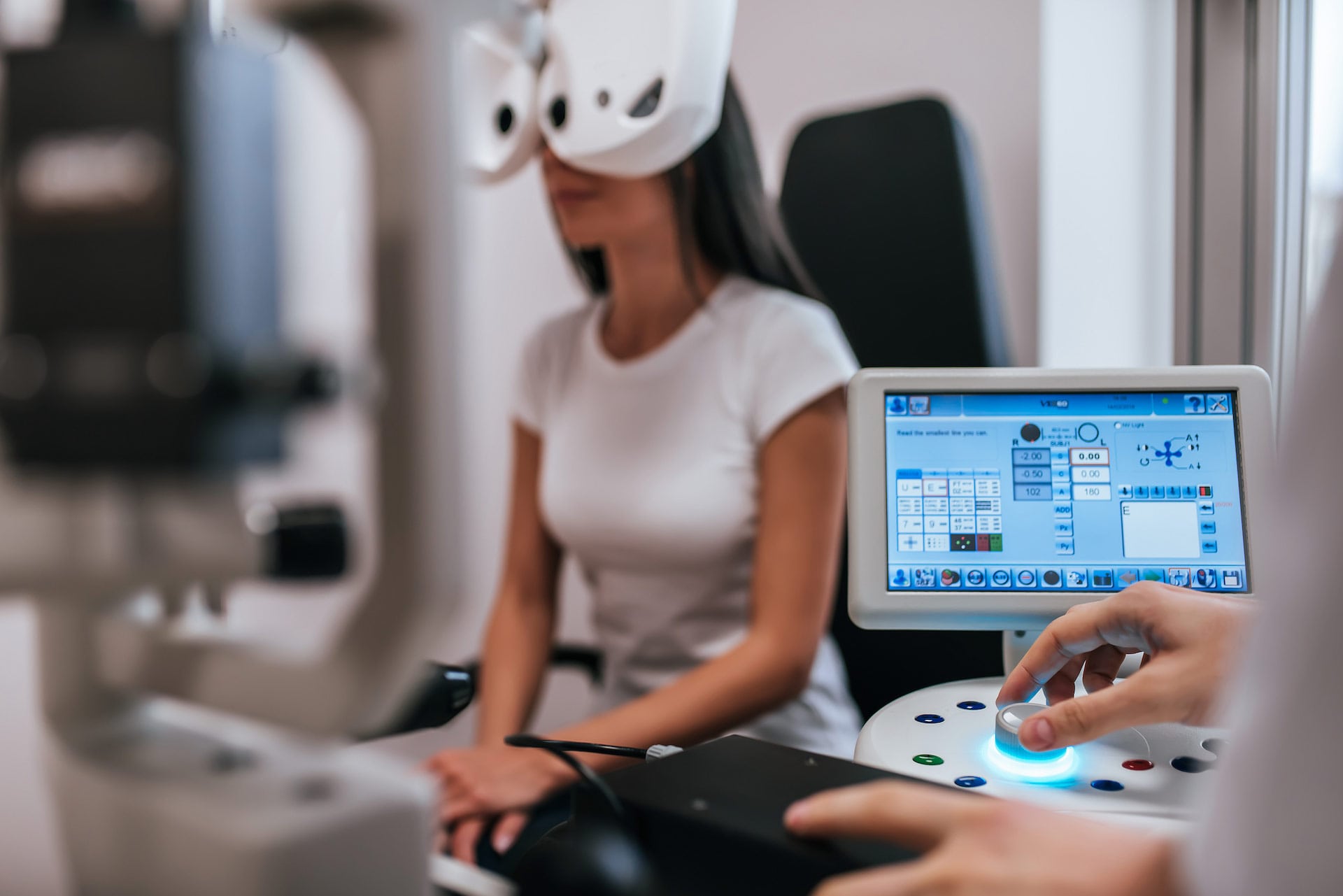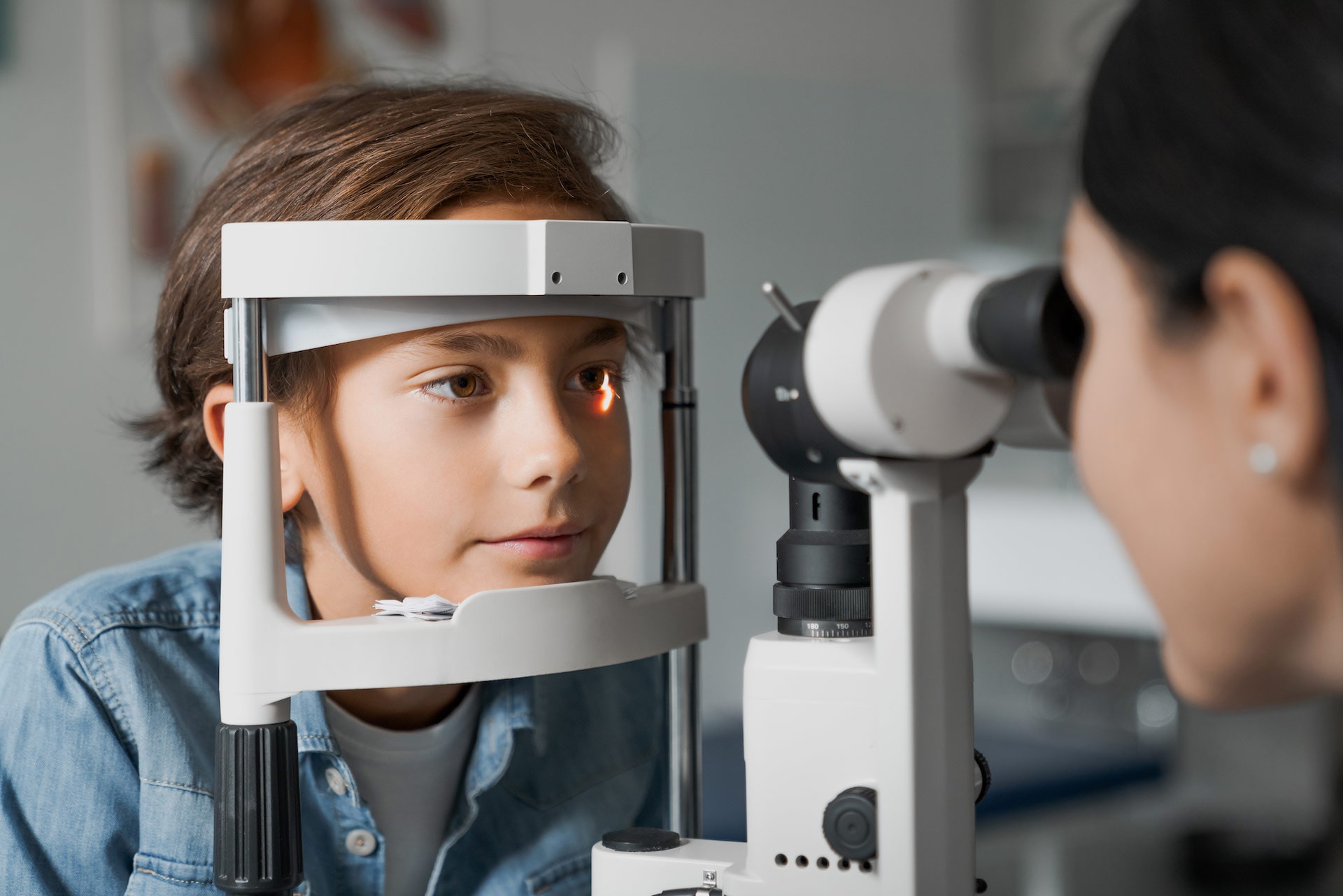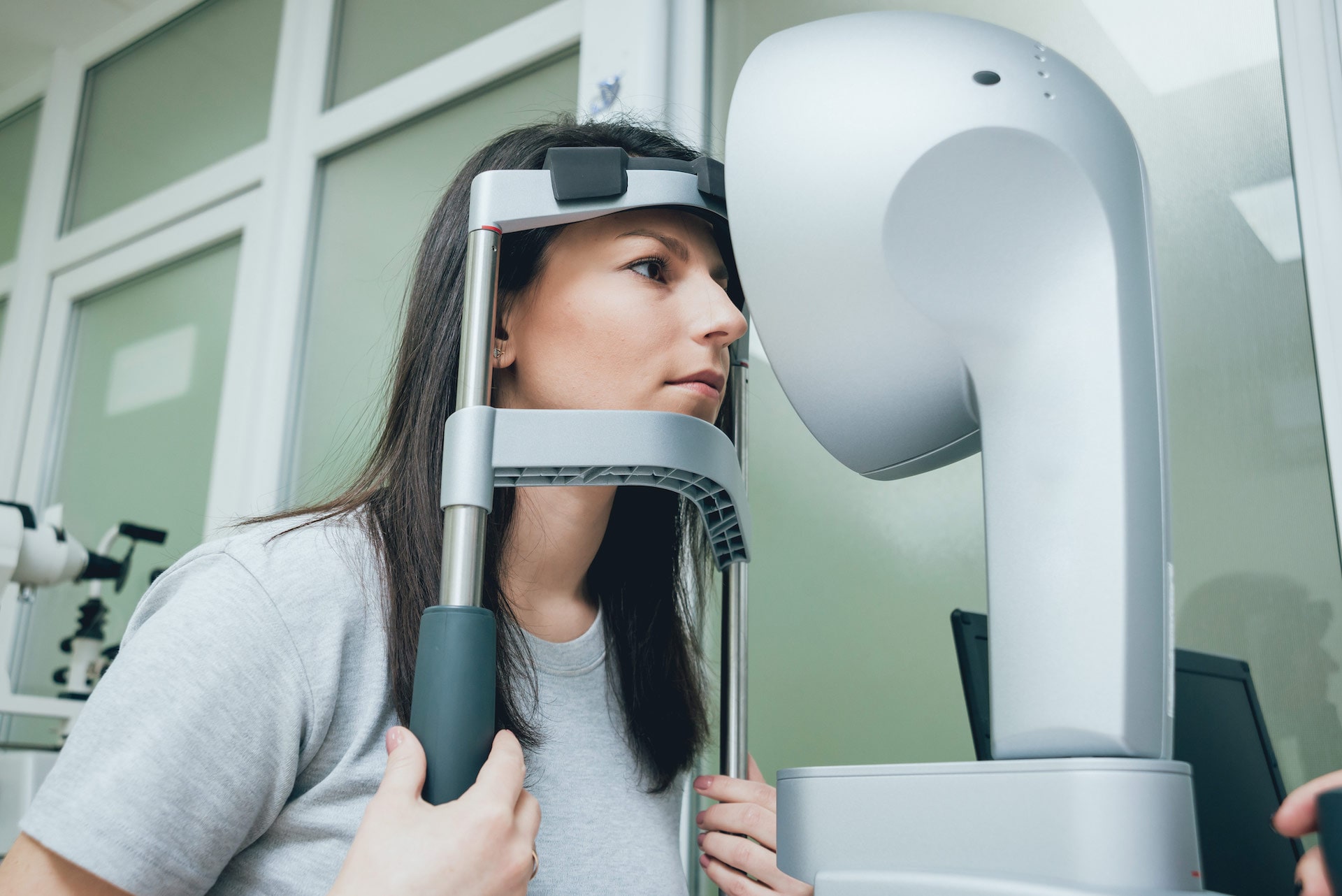General Optometry Services
Optometry
Optometry Services
At Clarity Eye, we offer general optometry services at many of our locations, which means a lifetime of vision care with us. From children’s eye examinations to more serious eye conditions, Clarity Eye’s team of eye specialists – optometrists and ophthalmologists – can take care of your eyecare without the need to go anywhere else.

We Perform the Following Optometry Services:
- Children’s eye exams providing prescriptions
- Adult and seniors eye exams providing
- Dry eye therapy
- Emergency eye care
- Contact lens therapeutics
- Pediatric myopia control

Technology
As Clarity Eye is a centre of excellence in the medical and surgical management of ophthalmic disease, our optometrists have access to a range of cutting-edge technologies not available in traditional optometry offices including:
- Topography / tomography of the cornea
- High frequency ultrasound of the front of the eye
- Low frequency ultrasound of the whole eye
- Laser biometry
- Autofluorescence of the retina
- OCT of the front of the eye, the retina and optic nerve
Your trusted Clarity optometrist will use any applicable technologies or therapeutics to ensure your eyes remain healthy for years to come.

Optometrist vs. Ophthalmologist vs. Optician
What’s the Difference?
There’s often confusion around who is the right professional to see when it comes to your eyes – an optometrist, an ophthalmologist or optician? All are eye care professionals, but they are different in terms of their education, specialty, and scope of practice.
Let’s break it down:
Optometrist
Optometry is a four-year, post-graduate degree that also includes full-time in-clinic training during the last two years of the program. A graduate receives a Doctor of Optometry (OD) designation. An optometrist is who you should visit for your regular/routine eye examinations, as they can provide:
- Diagnosis of eye conditions
- Prescriptions for corrective eyewear (i.e. eyeglasses/contact lenses)
- Medical treatment for some eye conditions
- Post-eye surgery care
Ophthalmologist
An ophthalmologist is a medical doctor who specializes in surgical eye procedures. They must complete a full medical program before entering a residency program in ophthalmology, which requires an additional 5 to 7 years to complete, depending on the school and curriculum. While an ophthalmologist can provide the same care as an optometrist, their specialty focuses on eye surgeries and various diseases and conditions like cataracts, glaucoma, retinal issues, laser surgery, and other eye-related problems.
Optician
While opticians don’t perform any eye examinations nor can they write prescriptions, they are the eyecare professionals that can dispense, fit, and adjust prescription eyeglasses and contact lenses. Opticians will carefully review your prescriptions to ensure it is still valid and may recommend that you visit your optometist if a lot of time has passed since your last full eye examination or if they see any concern with your eye health.
Now That You’re in the Know…
Regardless of how these three professions differ in education, specialty, and type of practice, they have one common denominator – they all play a role in your eye health. Take care of your eyes by visiting your optometrist on a regular basis.
Need to get your eyes checked? Get in touch to book an appointment
